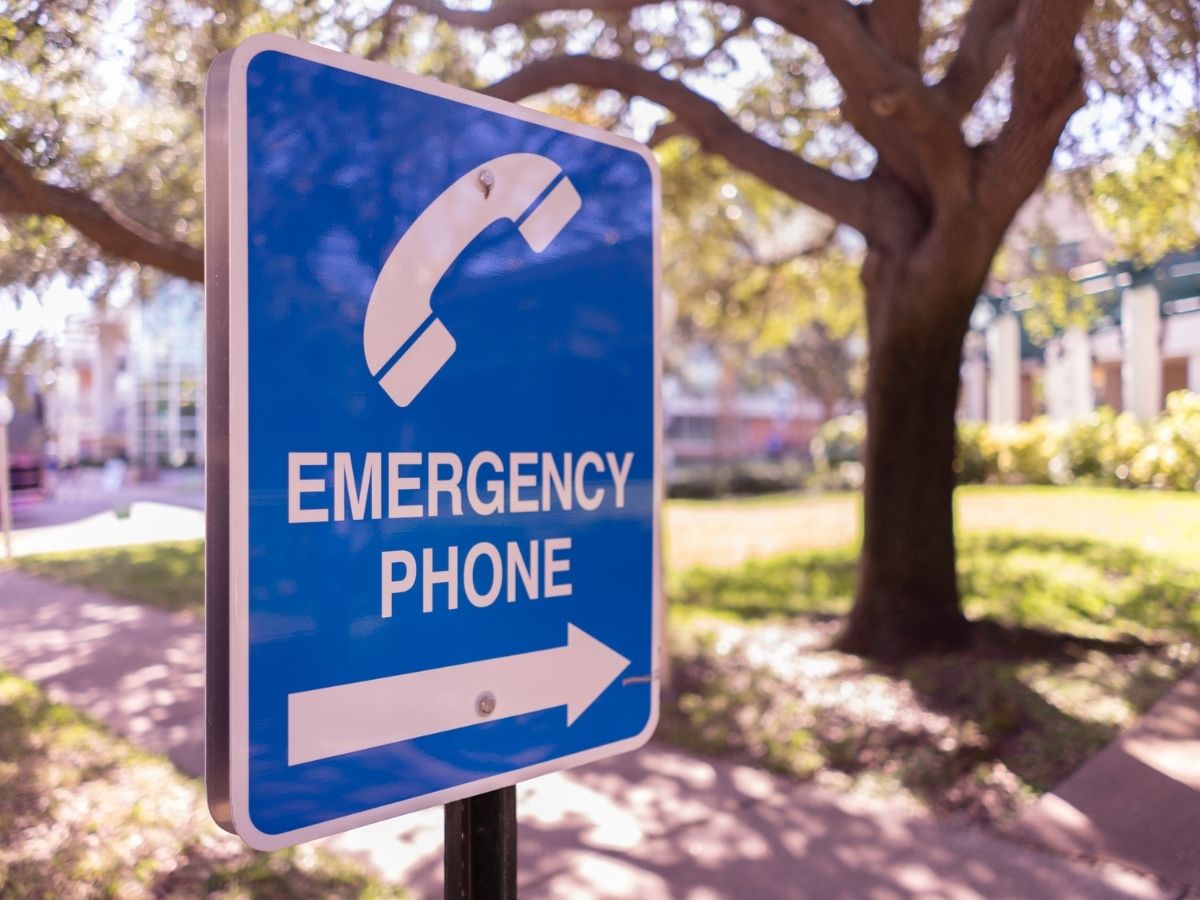Transforming Crisis Response for A Behavioral Health Approach
While 911 remains the default for emergency response, 988, the national mental health crisis line, has yet to achieve the same level of public awareness or systemic integration. In Michigan, where an estimated 15–20% of the state’s 15 million annual 911 calls involve mental health concerns, too many crises are still met with law enforcement response rather than clinical care.
A new initiative from the Wayne State University School of Social Work Center for Behavioral Health and Justice aims to change that. By training 911 dispatchers, connecting emergency systems and mapping local response resources, this effort targets what Sheryl Kubiak, Ph.D., Dean of the Wayne State University School of Social Work and Founding Director of the Center for Behavioral Health and Justice, calls “point zero” in the criminal legal continuum: the first moment a behavioral health crisis comes to light.
Current system challenges
When someone experiences a mental health crisis and calls 911, they are immediately routed into a system designed for emergencies — but not necessarily the right kind.
“Many times mental health gets categorized as bad behavior and law enforcement goes out,” says Kubiak. “We don’t have an emergency center. We don’t have a crisis center. We have the emergency room, where [an officer] might have to sit for eight hours with the person. Or the jail, where they can just drop them off.”
This type of call often becomes the entry point into what the Center for Behavioral Health and Justice refers to as the criminal legal continuum — a progression of justice system involvement that begins at the moment of crisis and continues through jail, court, prison and probation or parole. While the Center has long worked to divert individuals at various stages along that continuum, including jail intake and reentry, this new initiative shifts the focus further upstream.
“Crisis work is point zero,” Kubiak says. “That’s the part where you start that continuum.”
Even when a dispatcher recognizes that mental health may be involved, there are few tools to guide next steps. Without alternative crisis response options, the person may be taken to jail — starting a cycle of system involvement that could have been avoided with the right intervention at the outset.
A systems-level response
To reshape how communities respond to behavioral health emergencies, the Center for Behavioral Health and Justice is launching a multi-phase initiative that begins with the people who answer the calls: 911 dispatchers.
“Our first phase is we’re employing folks that have experience with both law enforcement and mental health to help us write training for 911,” says Kubiak. The training will help dispatchers recognize signs of a mental health crisis and code those calls accordingly, enabling more informed triage and response decisions.
In the pilot phase, the Center for Behavioral Health and Justice will implement this training in four to six Michigan counties, selected based on geography, population density and the availability of 24/7 crisis services. Urban areas include Detroit, Grand Rapids, Kalamazoo and Ingham County. Two rural counties are still being finalized.
“We’ve chosen all areas that currently have a crisis response that’s available 24/7 or some mechanism is available 24/7,” Kubiak explains.
But training alone isn’t enough. That’s why the initiative also includes on-the-ground support to evaluate how dispatchers are currently coding calls, assess technology needs and work with community partners to map available response resources. The goal is to develop a clear, locally relevant pathway for each type of behavioral health emergency — from transferring a call to 988 to deploying a mobile crisis team, or in more complex cases, sending a co-response unit with both law enforcement and a clinician.
Redefining first response for behavioral health
The crisis response initiative is designed for long-term transformation. “We know that transformation takes time,” says Kubiak. The hope is to demonstrate effectiveness at the local level, then build momentum for statewide adoption — including regulatory changes that could make behavioral health triage a standard part of emergency response across Michigan.
The project is supported by a network of funders and partners who are aligned around this vision. Alongside local funders like the Ethel and James Flinn Foundation and the Michigan Health Endowment Fund, national organizations such as Blue Meridian Partners and Pew Charitable Trusts are providing critical support. The Michigan Mental Health Diversion Council is funding the development of the 911 training program, while the state’s Crisis Services team at MDHHS is collaborating on broader integration strategies, including rural adaptations and public awareness of 988.
Rural counties, in particular, present unique challenges due to distance, staffing limitations, and lack of physical infrastructure. The Center for Behavioral Health and Justice is working closely with MDHHS on a rural crisis project led by Krista Hauserman to explore innovative solutions. “Some are using mobile — like FaceTime, if you will — to talk to a clinician,” Kubiak says. Others are embedding behavioral health staff in local hospitals or tapping into regional crisis hubs to fill service gaps.
Ultimately, this effort is about working smarter with the resources communities already have. “If we need law enforcement to protect us and to keep us safe, we want to make sure that their resources aren’t taken for sitting in emergency rooms for eight hours,” Kubiak says. “Let’s get people in the right spaces. Let’s get people using our resources synergistically and efficiently.”
Changing the trajectory of a crisis doesn’t happen with one call — it takes a system designed to recognize the moment and respond appropriately. By centering behavioral health at “point zero” of emergency response, the Center for Behavioral Health and Justice is advancing a long-overdue shift. Through collaboration, training and community mapping, this work brings us closer to a future where behavioral health needs are met with support, not incarceration.
Learn more about the work of the Ethel and James Flinn Foundation at flinnfoundation.org.

